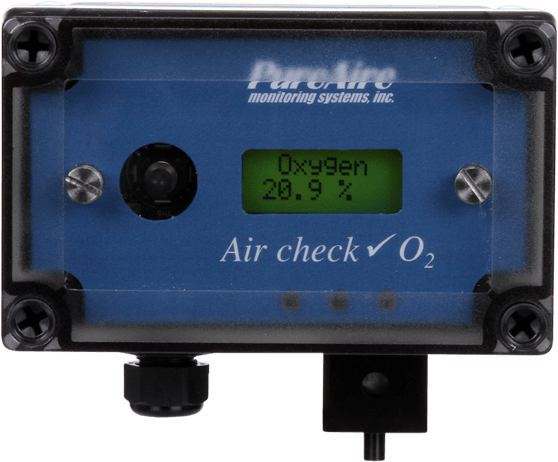The tax risks of working remotely from overseas
As is the case for employer payroll obligations, this would exclude cases where employees work remotely in the UK for shorter periods of time and help reduce administrative burdens. For example, as discussed above, HMRC could clarify it does not consider those who choose to spend less than, say, 60 working days a year in the UK acting for an overseas employer to create a permanent establishment. Several respondents recognised this could give rise to a loss of tax and suggested mitigating this risk by requiring employers be based in specific places (a ‘safe list’ of jurisdictions). Depending on the state, remote workers who travel and work from different states might either find themselves protected by a reciprocity agreement between US states or they’ll need to file a nonresident state tax return. Ultimately, the physical location of the worker determines which taxes are applied to them. As an employer, it’s highly recommended that you engage with a PEO or an EOR company to ensure that you’re always compliant with local tax laws.
- One business highlighted that it can take time to resolve cross-border discrepancies, and this can result in double taxation if a correction is made too late for a taxpayer to claim double tax relief.
- A digital nomad visa allows its holders to work during their stay in a country — provided they do not enter the local job market.
- If you’re a Scout, your employer is based in the same country as your country of citizenship.
(For example, the employer may need to register with local authorities as an employer and/or report on the income that is being paid to the employee.). The Spanish tax authorities published a binding tax ruling7 which describes circumstances where a PE was not triggered. Agency permanent establishment refers to a situation when a PE is triggered by the so-called dependent agent, e.g., sales representative or a person who exercises decision-making power on behalf of a company in a country. One of the key conditions under this rule is that the activities of a dependent agent are habitually performed, which is again an assessment of facts and circumstances. Generally, countries have either introduced local law provisions or have agreed under double taxation treaties to exempt certain activities from classification as a PE. The common feature of these exemptions is that they are preparatory or auxiliary to the carrying out of business activities.
Top Job Seeker Tax Deductions
However, a double tax treaty (DTT) between the UK and the host country can potentially exempt the employee from income tax under specific conditions. Companies whose employees are working remotely in another country should consider actively if and how PEs can impact their business. This could be in the form of an internal note or annex to a remote working policy in which the company analyses relevant issues for PEs and their cross-border working arrangements. Working overseas can cause many tax, social security and compliance challenges for both the employee and employer and should all be considered separately.
- US citizens who live abroad and work for a US company must file a tax return in the United States and pay taxes in their country of residence unless they’re earning over $100,000 per year.
- Employees travelling abroad to second homes or long-term vacation rentals and continuing their employment from an overseas country have also increased as a result of the pandemic.
- Employees normally receive a tax return, while contractors will end up owing money if they didn’t make payments on their own ahead of tax day.
- Without further ado, let’s walk through what you need to know about state taxes and remote work.
- An employee’s tax position will generally not change if they are working from home and move within the UK, unless they move to or from Scotland.
- It’s also not clear how many people are moving to different states to work remotely, since there’s a lag in IRS data.
To hire remote employees in other countries, you must open a local company branch in that country. When remote employees work from different states, remote work taxes get complicated. Here, you must register with the state and local tax agencies of every state where you have remote employees. One way to ensure that you remain compliant in these states while benefiting your entire remote team is to offer a remote work employee stipend.
How a reciprocal agreement simplifies state taxes
Each situation can bring its own tax implications, and the onboarding of remote employees requires careful attention. Others encouraged HMRC to clarify when individuals choosing to work from their home office in the UK for an overseas employer would create a permanent establishment how are remote jobs taxed here. In addition, the employer does not generally pay the expenses of the home office (including rent and utility bills). Most respondents called for HMRC to clarify how it would apply the concept of permanent establishment where employees work remotely in the UK.
Recent Posts
Надежда Гришаева И Anvil История Успеха И Расширения Возможностей
Nadezhda Grishaeva Exudes Happiness And Vitality While Leading A Vibrant Gathering To Commemorate Anvil’S Impressive Three Years Of Achievements In The Business Sector
Talk Dirty AI: Everything for Spicy AI Sex Chats
Talk Dirty AI: Start Chatting For Free On GirlfriendGPT
Why Are My Lymph Nodes Swollen?
Slottica Review 2024 Bonus, Free Spins & Games


